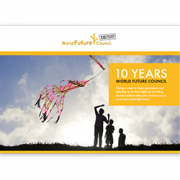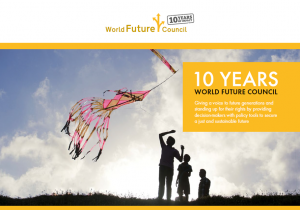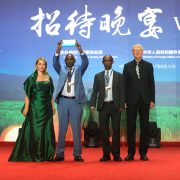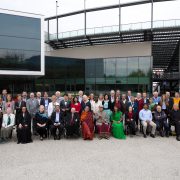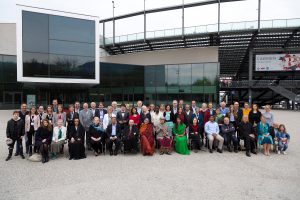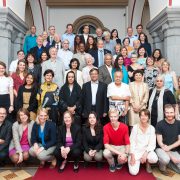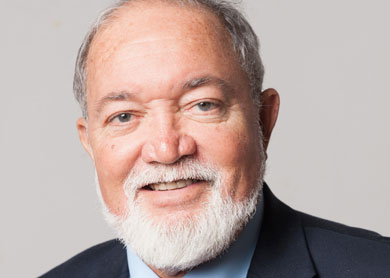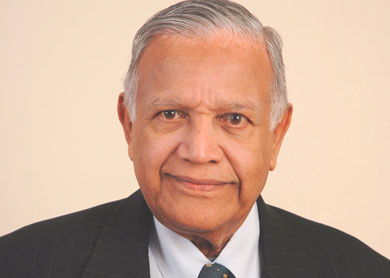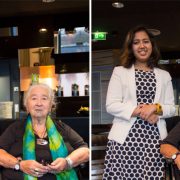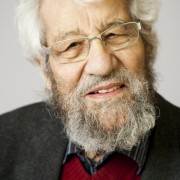Hamburg (Germany) / Ordos (China), 12th September 2017 – Yesterday, the Future Policy Award (FPA) ceremony was held at the thirteenth session of the Conference of the Parties to the UNCCD in Ordos, Inner Mongolia (China). The international “Oscar for best policies” honours laws and practices that successfully combat desertification and land degradation. The FPA is awarded by the World Future Council (WFC) in cooperation with the United Nations Convention to Combat Desertification (UNCCD). Among the laureates are the Ethiopian Tigray region, Brazil and China.
The ceremony was attended by 300 high-level guests and ministers from all over the world including H.E. Mr. Zhang Jianlong, Minister of State Forestry Administration of China, H.E. Ms. Bu Xiaolin, Governor of Inner Mongolia, as well as Tigray’s President H.E. Mr. Abay Weldu.
The FPA aims to draw more attention to desertification and effective ways to combat it: In the last century, droughts cost more lives than any other weather-related catastrophe. Climate change intensifies the process of desertification. Actions to combat desertification, therefore, not only contribute to protecting the environment but can also provide social and political stability.
Ethiopia’s Tigray region was granted the Gold Award. Using a unique combination of collective action, voluntary labour and the involvement of youth, the people of Tigray are restoring land on a massive scale. As a result, erosion has decreased significantly, groundwater levels are recharged, and the uptake of sustainable agricultural practices made a remarkable contribution to food self-sufficiency and economic growth.
The Future Policy Award highlights the world’s best policies and laws that create the framework for better living conditions for current and future generations.
The winning policies are introduced in short videos which are on our YouTube Channel. Further information on the winning policies may be obtained through our website as well as on futurepolicy.org.
Read in other languages
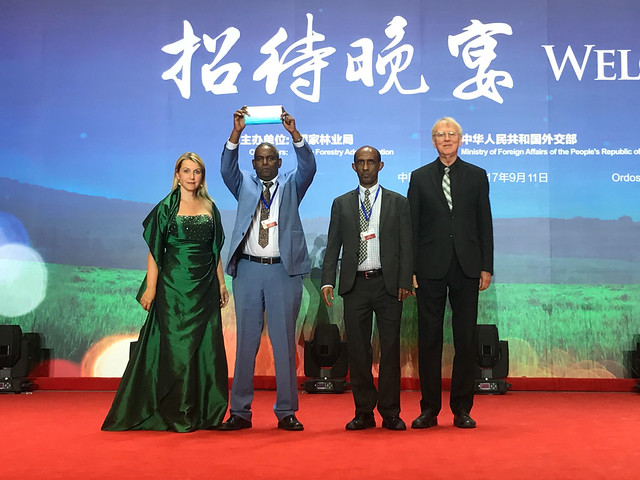
Please check out our Flickr album for more pictures of the award ceremony.
STATEMENTS:
Monique Barbut, Under-Secretary-General of the United Nations and Executive Secretary of the United Nations Convention to Combat Desertification (UNCCD):
“Drylands cover close to 40% of the Earth’s land surface. Hundreds of millions of people are directly threatened by land degradation and climate change is only going to intensify the problem. So far, this underestimated environmental disaster has received far too little attention. The Future Policy Award 2017 is turning the spotlight on the looming environmental challenge and effective responses. The seven Future Policy Awardees are all from affected countries, and demonstrate great environmental and political determination.”
Jakob von Uexkull, Founder of the World Future Council (WFC):
“Drylands are among the most conflict-prone regions in the world. Not tackling desertification and land degradation means accepting humanitarian disasters. But if we take up this challenge, so much is gained: By reversing desertification we can help build peace, food security and a safe future for millions of people.”
H.E. Abay Weldu, President of Tigray State (Ethiopia)
“I am delighted and honoured as head of the Regional Government of Tigray knowing that Tigray has won Gold Future Policy Award 2017. The people of Tigray demonstrate that all challenges can be overcome if the leadership is addressing the will, need and priority of the people. Tigray’s people have proved that development is possible without harming our mother Earth.”
BACKGROUND
The Future Policy Award is the only award which honours policies rather than people on an international level. Each year, the World Future Council chooses a topic for the Future Policy Award on which policy progress is particularly urgent. In 2017, in partnership with the United Nations Convention to Combat Desertification (UNCCD), laws and policies were evaluated that contribute to the protection of life and livelihoods in the drylands, and help achieve Sustainable Development Goal 15, target 3, to “combat desertification, restore degraded land and soil, including land affected by desertification, drought and floods, and strive to achieve a land degradation-neutral world.”
Media Contact
Miriam Petersen
Media and Communications Manager
World Future Council
Dorotheenstr. 15, 22301 Hamburg, Germany
Email: miriam.petersen@worldfuturecouncil.org
Phone: 01781018019
www.worldfuturecouncil.org
About the World Future Council
The World Future Council (WFC) consists of up to 50 eminent global changemakers from governments, parliaments, civil society, academia, the arts, and business who have already successfully created change. We work to pass on a healthy planet and fair societies to our children and grandchildren. To achieve this, we focus on identifying and spreading effective, future just policy solutions and promote their implementation worldwide. Jakob von Uexkull, the Founder of the Alternative Nobel Prize, launched the World Future Council in 2007. We are an independent, non-profit organization under German law and finance our activities from donations. For information visit www.worldfuturecouncil.org
The United Nations Convention to Combat Desertification
The United Nations Convention to Combat Desertification (UNCCD) is the only legally binding international agreement on land issues. The Convention promotes good land stewardship. Its 196 Parties aim, through partnerships, to implement the Convention and achieve the Sustainable Development Goals. The end goal is to protect our land, from over-use and drought, so it can continue to provide us all with food, water and energy. By sustainably managing land and striving to achieve land degradation neutrality, now and in the future, we will reduce the impact of climate change, avoid conflict over natural resources and help communities to thrive.
[/av_one_full]
